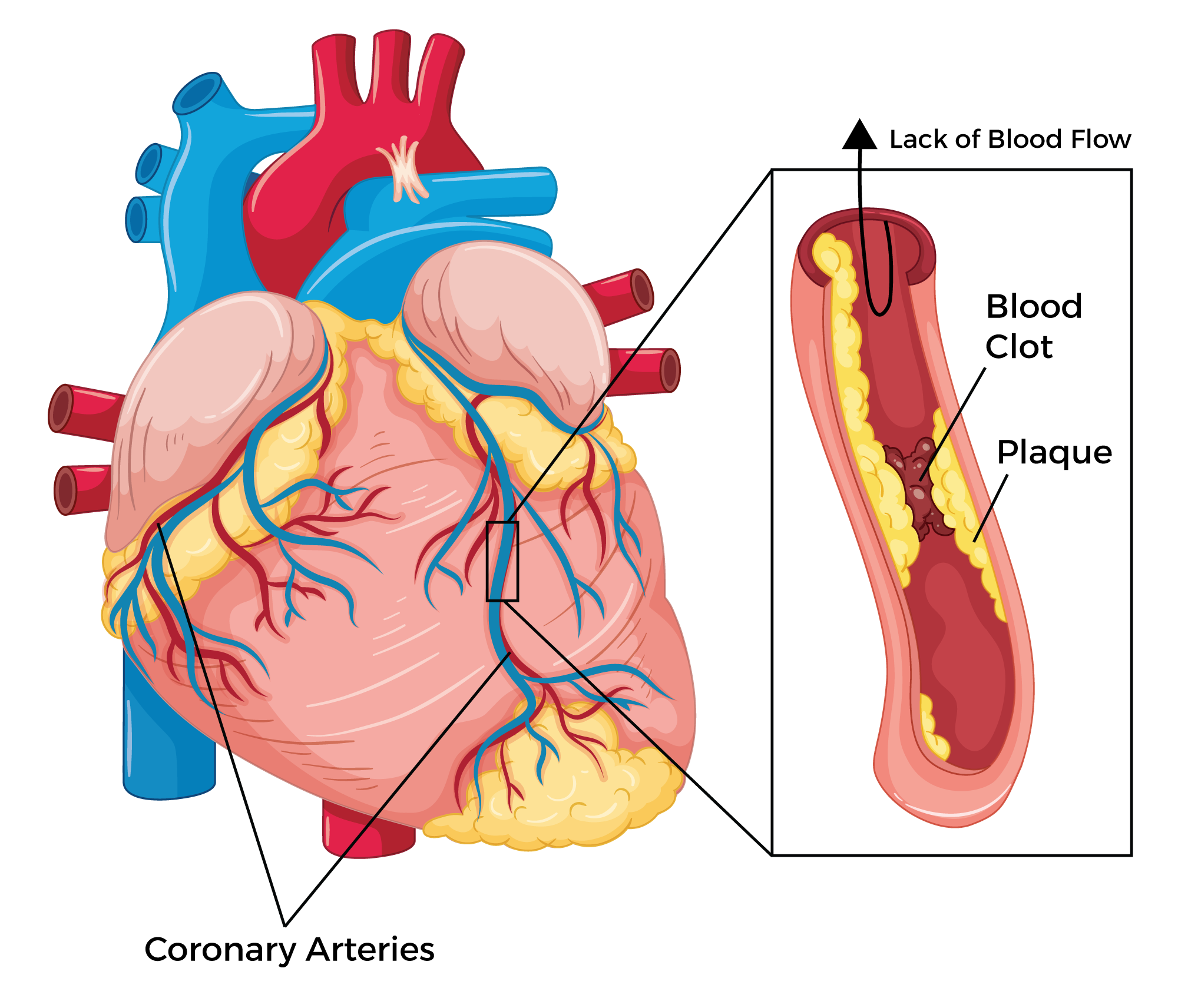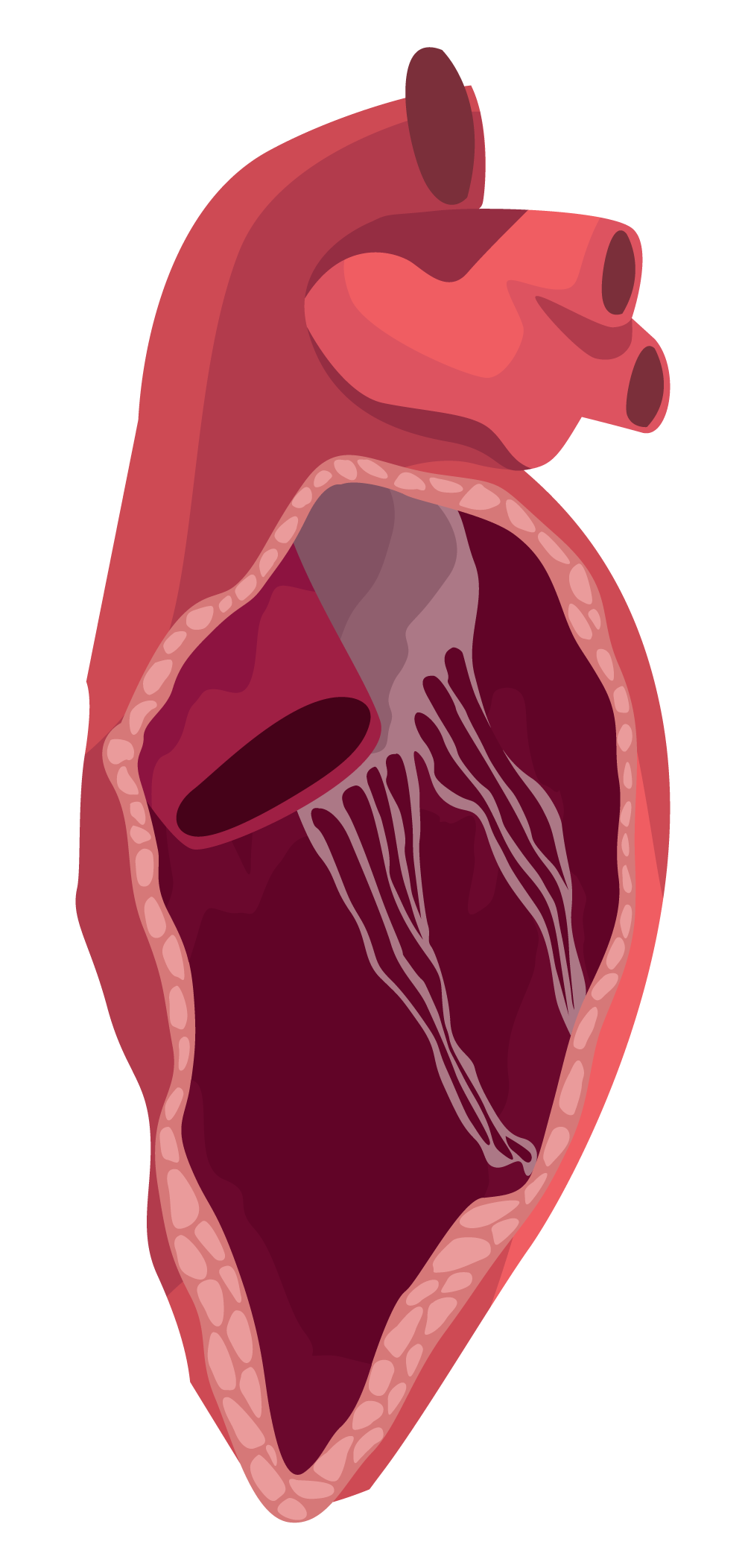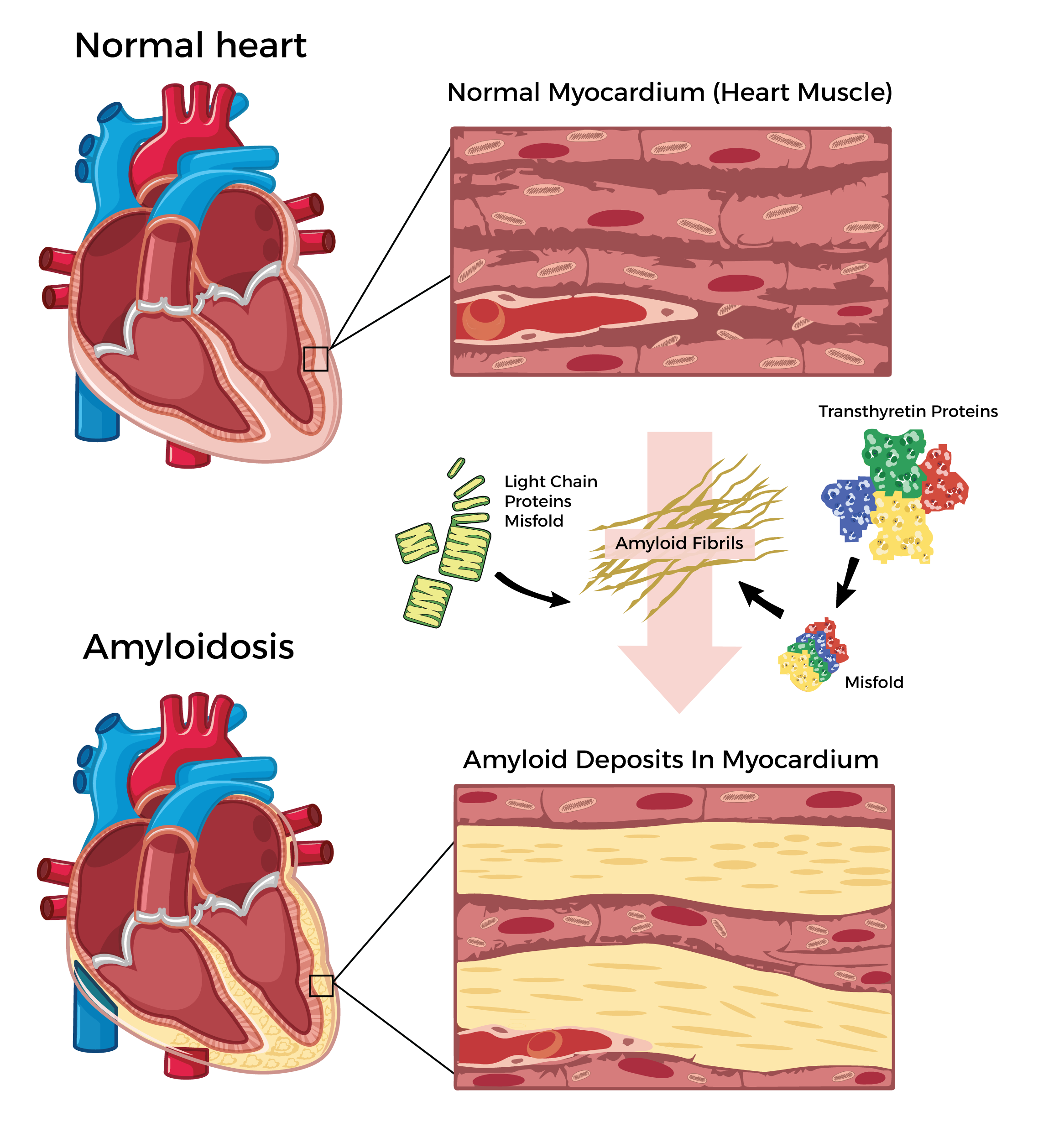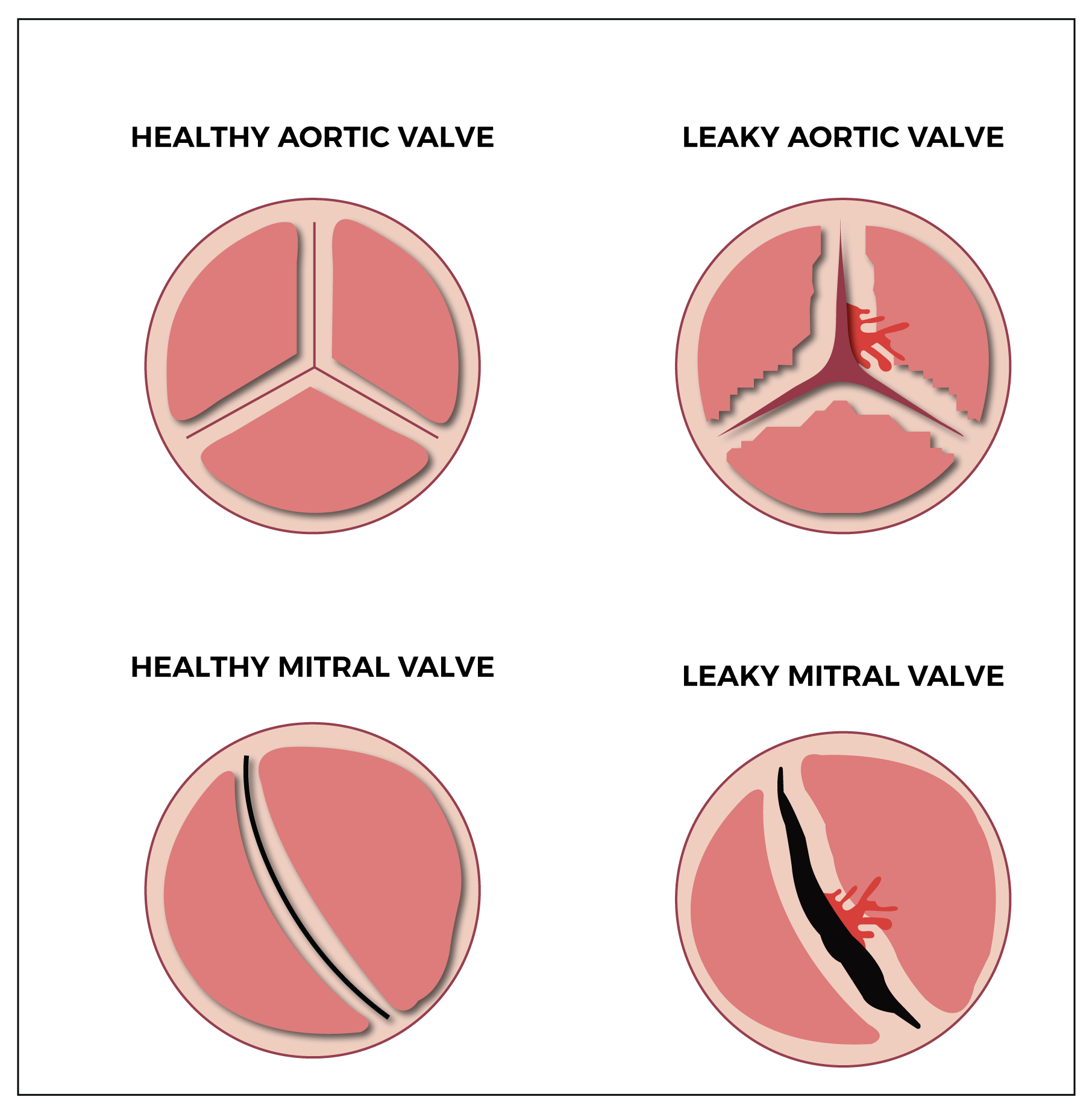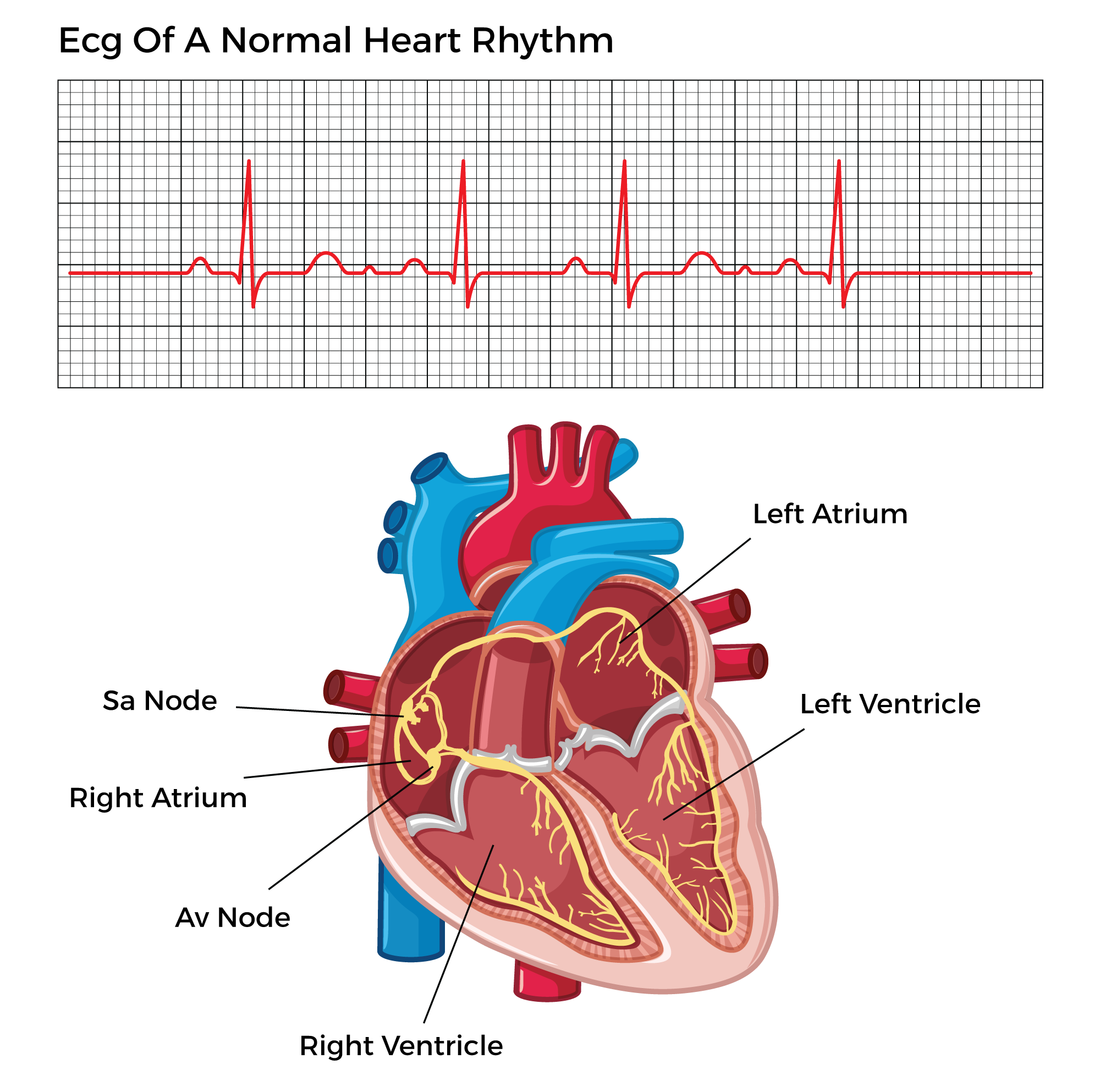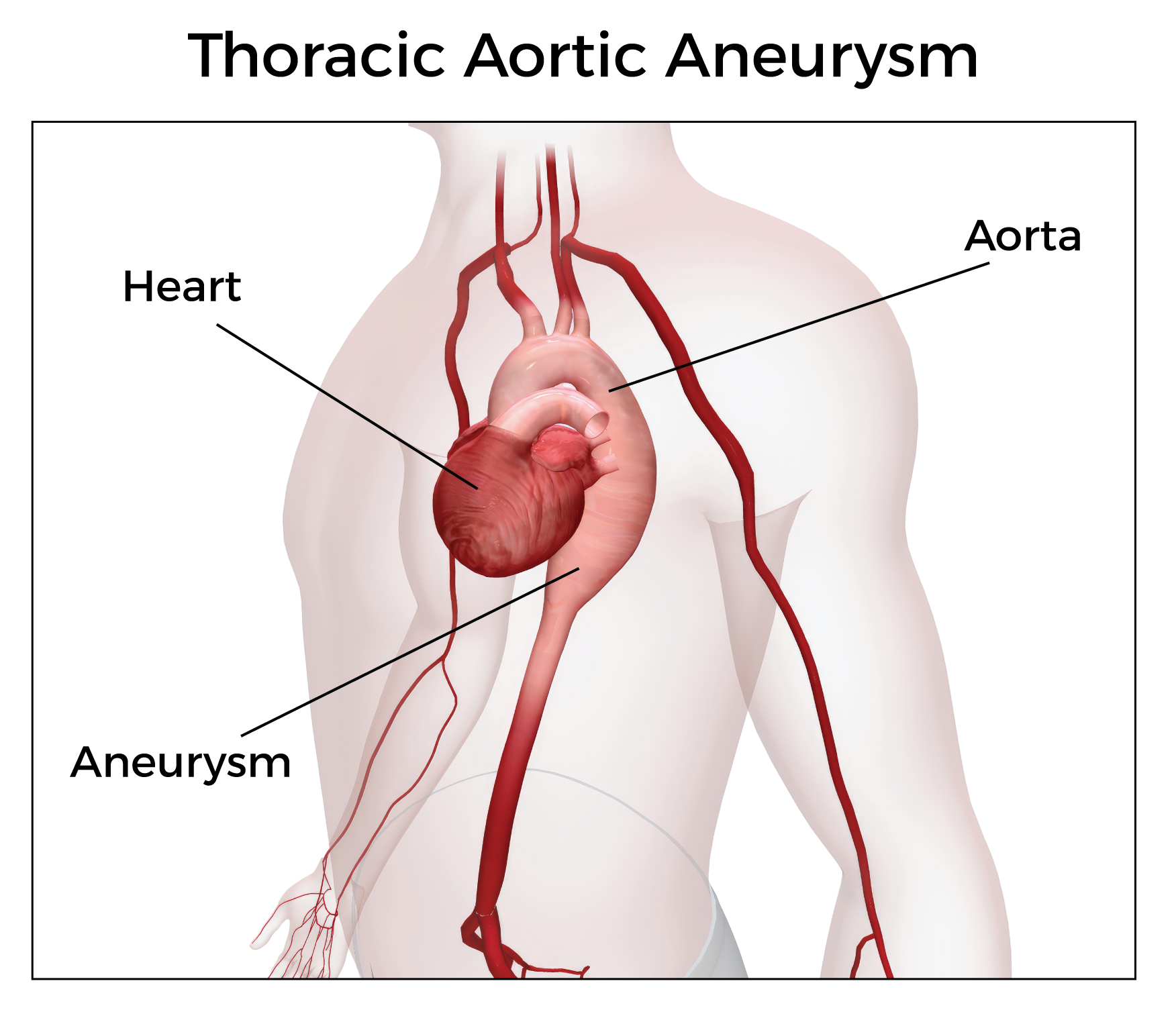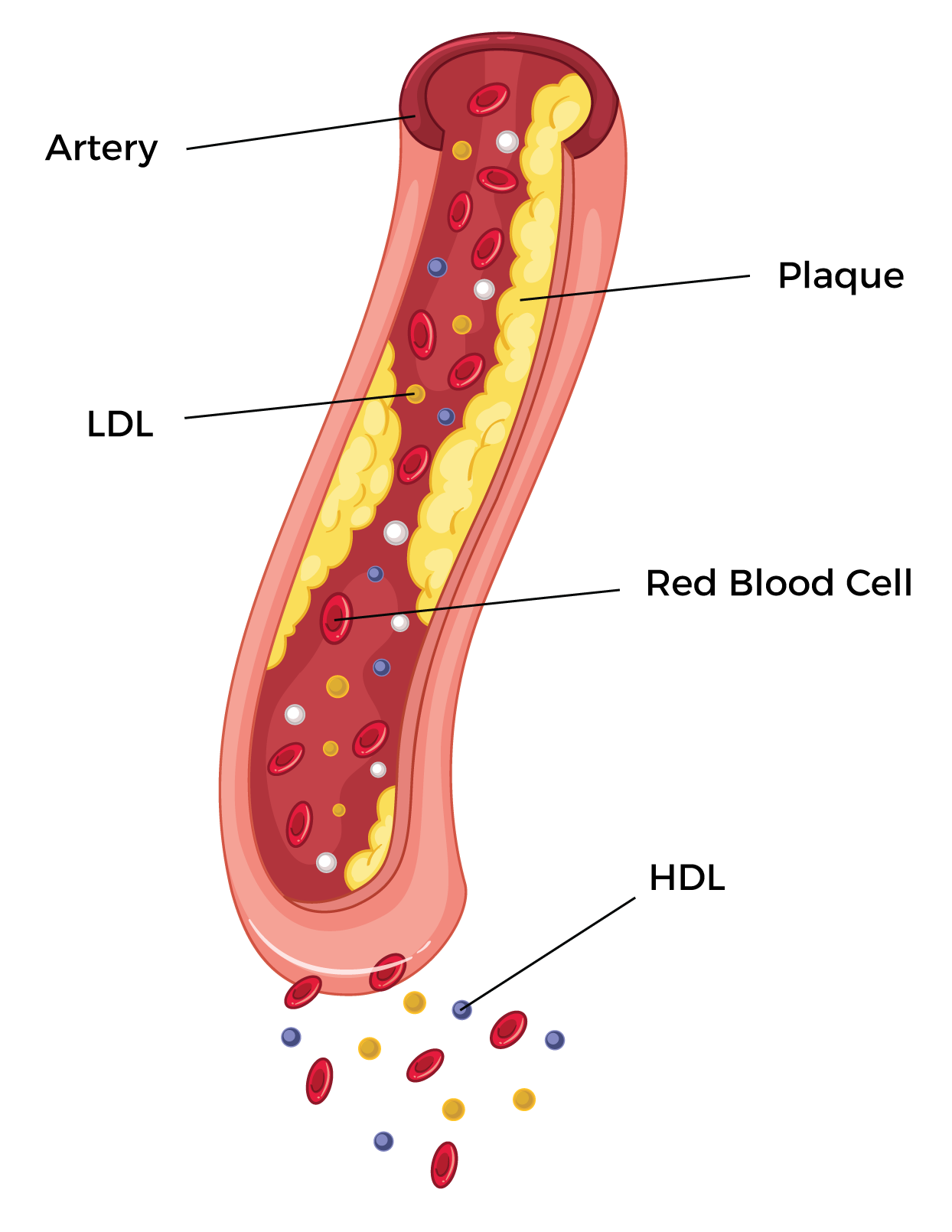Cardiac Disease
Learn Your Heart’s Future
Genetic Testing To Safeguard Your Heart From Future Risks
Cardiac diseases claimed more than 32,457 lives in India in 2022. And if you didn’t know, in addition to lifestyle choices
you make, your genes can also play a key role in the development and progression of heart diseases.
A 2018 study revealed that 40 to 60% of individuals could develop Coronary Artery Disease (CAD) because of their genes.
Your genes determine how you respond to various risk factors and treatments.
Cardiac diseases claimed more than 32,457 lives in India in 2022. And if you didn’t know, in addition to lifestyle choices you make, your genes can also play a key role in the development and progression of heart diseases.
A 2018 study revealed that 40 to 60% of individuals could develop Coronary Artery Disease (CAD) because of their genes. Your genes determine how you respond to various
risk factors and treatments.
Types of Inherited Heart Diseases
Your genes, can be a cause of most heart conditions, if not all. However, based on your genetic patterns, Ancestry India’s DNA
can predict if you or others in your family run the risk of some commonly inherited heart conditions, such as
Your genes, can be a cause of most heart conditions, if not all. However, based on your genetic patterns, Ancestry India DNA can predict if you or others in your family run the risk of some commonly inherited heart conditions, such as
How Does Genetics Play A Role
In My Heart Health?
How Does Genetics Play A Role In
My Heart Health?
You can inherit a heart health risk if your DNA contains a specific gene alteration (mutation) related to the heart and its
functioning. Some health conditions are common with dominant inheritance; this means a child has a 50%
chance of inheriting the disease from their parents.
There are different gene variations causing different heart conditions. Mutations in genes like LDLR, APOB, and PCSK9
can lead to high cholesterol, while variations in MYH7, MYBPC3, and TNNT2 are linked to cardiomyopathies.
When you get a test with Ancestry India DNA, we identify these mutations and provide an insightful report that helps
you strategize prevention and treatment.
You can inherit a heart health risk if your DNA contains a specific gene alteration (mutation) related to the heart and its functioning. Some health conditions are common with dominant inheritance; this means a child has a 50%
chance of inheriting the disease from their parents.
There are different gene variations causing different heart conditions. Mutations in genes like LDLR, APOB, and PCSK9 can lead to high cholesterol, while variations in MYH7, MYBPC3, and TNNT2 are linked to cardiomyopathies.
When you get a test with Ancestry India DNA,
we identify these mutations and provide an insightful report that helps you strategize prevention and treatment.
You can inherit a heart health risk if your DNA contains a specific gene alteration (mutation) related to the heart and its functioning. Some health conditions are common with dominant inheritance; this means a child has a 50% chance of inheriting the disease from their parents.
There are different gene variations causing different heart conditions. Mutations in genes like LDLR, APOB, and PCSK9 can lead to high cholesterol, while variations in MYH7, MYBPC3, and TNNT2 are linked to cardiomyopathies.
When you get a test with Ancestry India DNA, we identify these mutations and provide an insightful report that helps you strategize prevention and treatment.
Recognizing If You Have Heart Disease
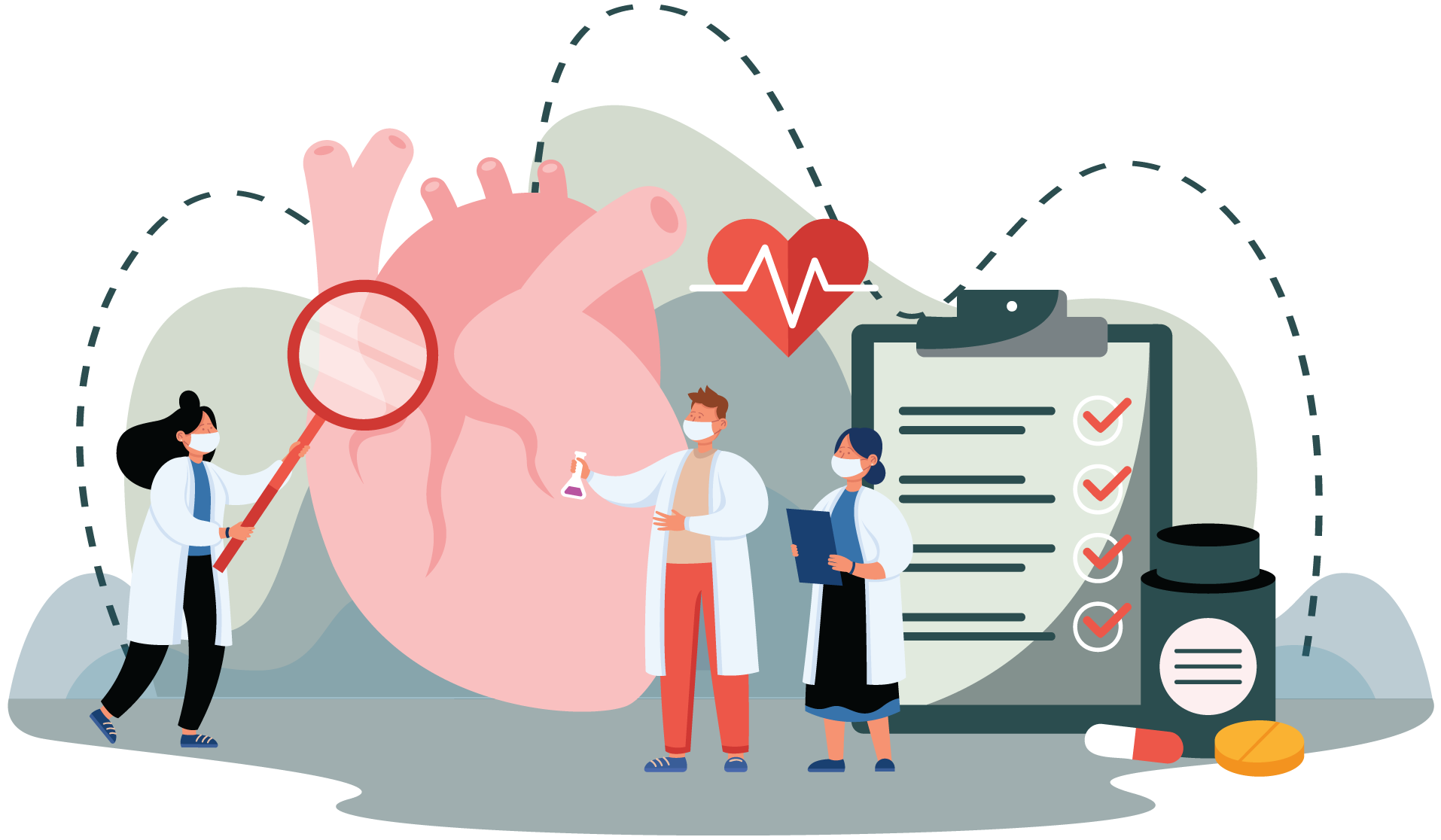
If you have a family history of one or more heart diseases, you should watch out for the following common symptoms:
- Chest pain
- Shortness of breath
- Fatigue
- Irregular heartbeats
- Fainting or lightheadedness
It’s possible that your family members have experienced these symptoms without recognizing them. Genetic predisposition could determine the intensity of these symptoms.
Consult your doctor right away if you’re facing aggravated symptoms, as they can signal severe complications like heart attacks or heart failure.
A genetic test might help you understand your heart health risks and affinity to other diseases. It can help in early intervention and management.
Once you get your genetic insights, you can personalize preventative strategies and treatment plans. Individuals who recognize their genetic risks make lifestyle adjustments and take preventative measures, such as:
- Regular exercising
- Weight management
- Stress management
- Quitting smoking habits
- Reducing alcohol consumption
- Reducing salt consumption
- Avoiding saturated and trans fats
Find Out Your Genetic Risk
FAQ'S
The most common genetic cardiac disease is Hypertrophic cardiomyopathy (HCM), affecting 1 in 200 to 1 in 500 individuals.
A child can inherit various genetic health conditions from one or both of the parents that may result in heart defects or congenital heart disease. For example, down’s syndrome is a well-known genetic disease that might cause a congenital heart disease.
If individuals note the symptoms and occurrences of heart disease among family members before the age of 40 despite their healthy lifestyle choices, it could be caused by genetics.

